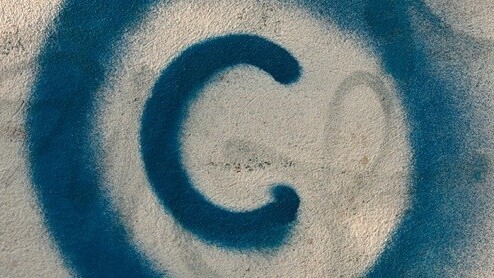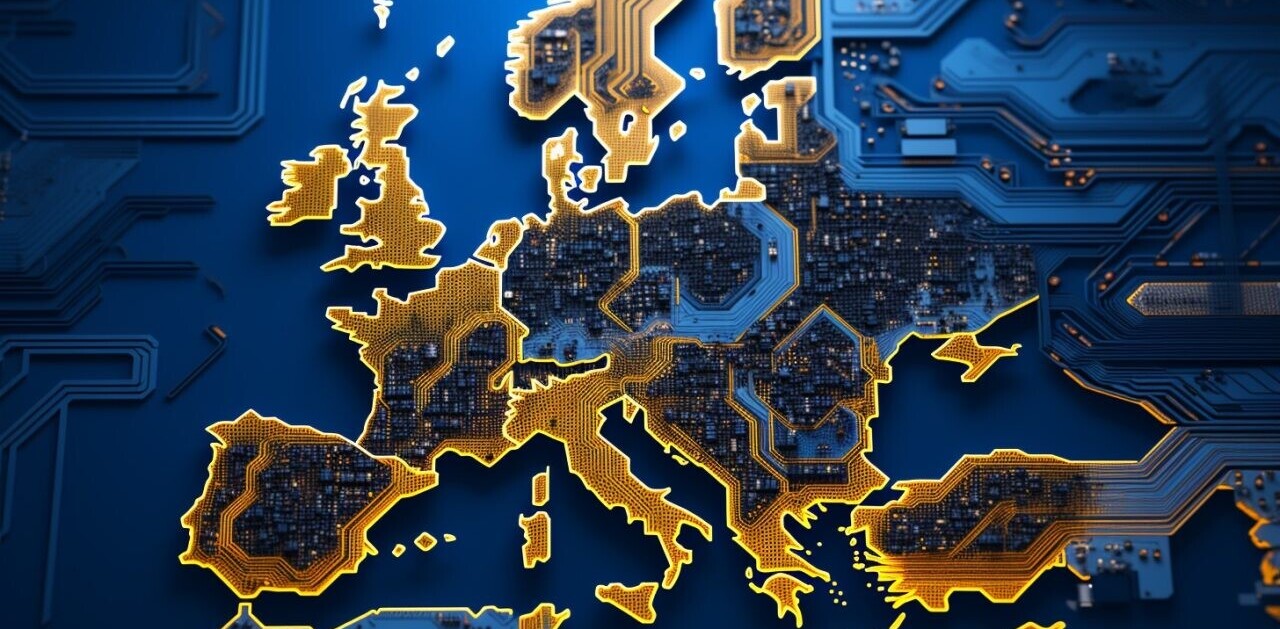
22 European Union states, and the EU itself, have today signed the controversial ACTA treaty, which critics say could lead to severe restrictions on freedom and civil liberties online.
As Wired UK reports, at a ceremony in Tokyo, the UK, Austria, Belgium, Bulgaria, Czech Republic, Denmark, Finland, France, Greece, Hungary, Ireland, Italy, Latvia, Lithuania, Luxemburg, Malta, Poland, Portugal, Romania, Slovenia, Spain and Sweden all agreed to adopt ACTA.
ACTA – the Anti-Counterfeiting Trademark Agreement – is a voluntary agreement between nations that covers a wide range of counterfeit goods, both physical and digital. However, it has stirred up controversy for both the secretive ‘behind-closed doors’ way in which it was drafted, and the effect it could have on our online lives.
As the Stop Acta campaign site explains, the agreement would make ISPs liable for copyright infringements carried out on their networks, leading to them to introduce surveillance technology to keep tabs on their customers’ online activity. A ‘Three strikes’ policy would also be forced upon Internet users, blacklisting them from ISPs after a series of warnings if they were found to have shared files illegally.
Critics also accuse ACTA of introducing important news laws ‘through the back door’, via a trade agreement which will become binding when ratified, instead of via individual countries introducing their own laws which would have to be debated openly in public. The remaining EU member states are expected to sign soon. Australia, Canada, Japan, South Korea, Morocco, New Zealand, Singapore and the US are already signed up to the agreement.
However, ACTA isn’t a done deal yet – it still needs to be ratified by the countries that have joined, something that’s not expected in the EU for several months. An opposition movement is gathering pace. In Poland, protests against ACTA has seen thousands of protesters take to the streets over the past two days, the BBC reports.
Given the international nature of this agreement, the noise made against the United States’ SOPA and PIPA bills last week could be nothing to what we see against ACTA.
Get the TNW newsletter
Get the most important tech news in your inbox each week.





